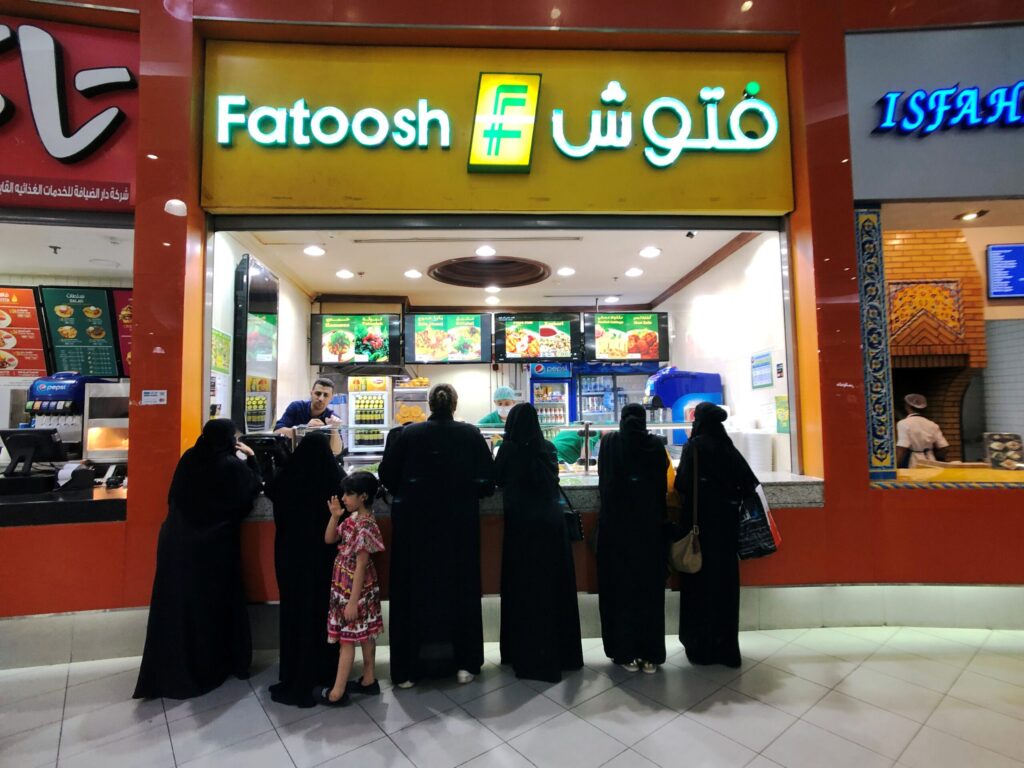Housing still biggest driver
Food price rises add to hike
Headline inflation in Saudi Arabia hit a 20-month high in March, the General Authority for Statistics has revealed, although at 2.3 percent, up from 2 percent in February, it remains low by international standards.
While housing remains the biggest single inflation driver, other factors included a weakened dollar, to which the riyal is pegged, while food prices, which have spiked globally, hospitality and education contributed more to the cost of living than in previous months.
Food prices typically see a spike after Ramadan, but March’s increase could be a sign of things to come, with a threat of global price increases caused by the US-China trade war.
“We’re starting to see areas such as higher food prices trickle in,” said Monica Malik, chief economist at Abu Dhabi Commercial Bank (ADCB).
“Global food prices started to accelerate from August last year, and this year we’re expecting more of that to feed through into the region.”
ADCB is forecasting higher inflation in Saudi Arabia for 2025 than in 2024, although still relatively low, with signs of a gradual softening of house price pressures.
Last year the International Monetary Fund recorded inflation in the Middle East and North Africa, which includes populous countries such as Egypt, at 9.2 percent. Saudi Arabia registered just 1.7 percent.
The London-based financial research company Capital Economics said that inflation in March rose across most categories of the consumer price index basket, “suggesting that underlying price pressures have built up.”
Capital Economics said that it expected headline inflation to hover around 2 to 2.5 percent for the next two quarters. However, it predicted that the figure would slip to 1 percent by 2026 “as lower non-food inflation, driven by transport and housing and utilities, push it down.”
Saudi Arabia also faces higher external costs after recording a current account deficit of 0.5 percent of GDP last year, the first deficit since 2020, the year of the global coronavirus pandemic, according to a report by the Riyadh-based investment bank Jadwa Investment.
The bank said it expected this deficit to widen throughout 2025 and 2026 as oil prices fall.
Register now: It’s easy and free
AGBI registered members can access even more of our unique analysis and perspective on business and economics in the Middle East.
Why sign uP
Exclusive weekly email from our editor-in-chief
Personalised weekly emails for your preferred industry sectors
Read and download our insight packed white papers
Access to our mobile app
Prioritised access to live events
Already registered? Sign in
I’ll register later



